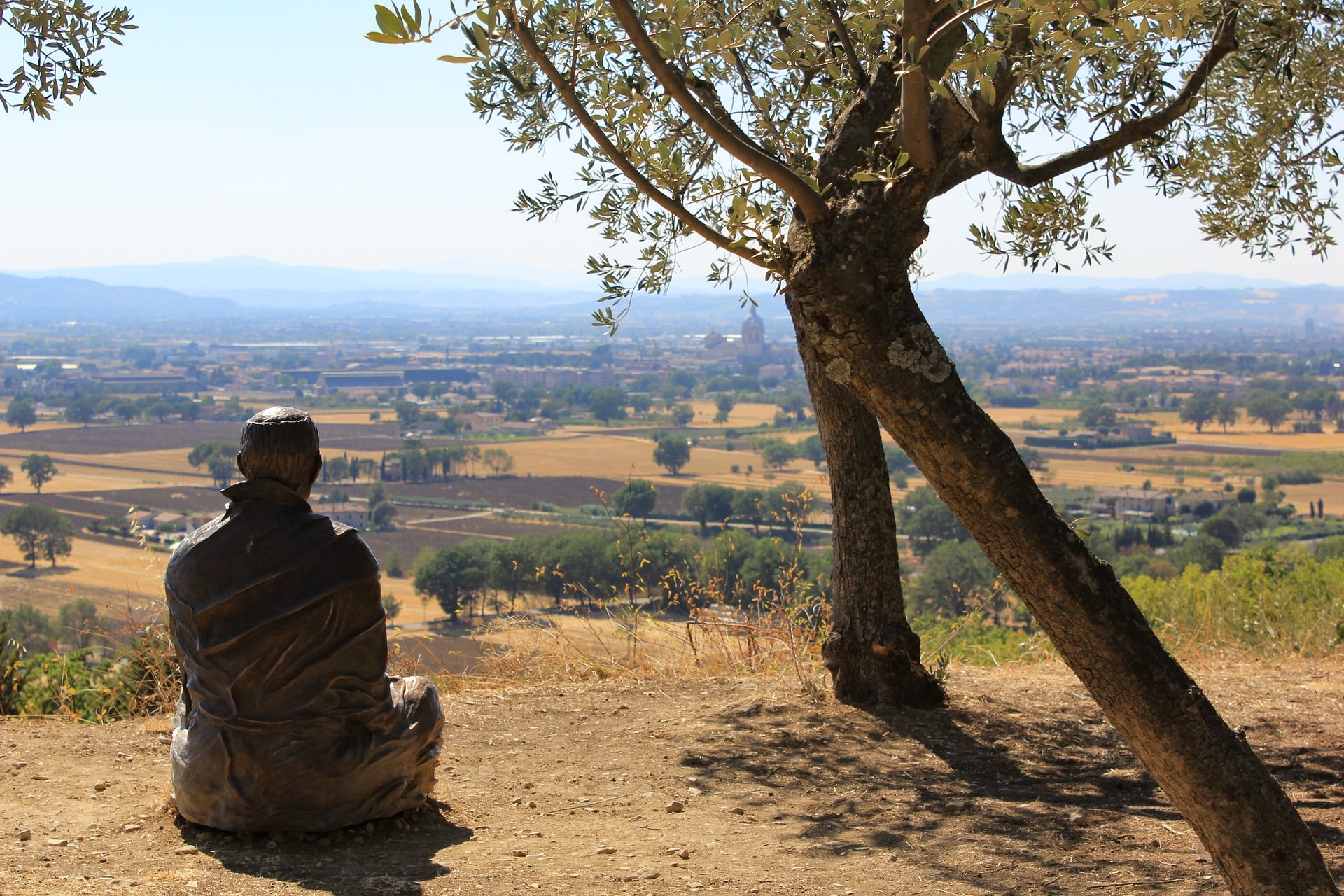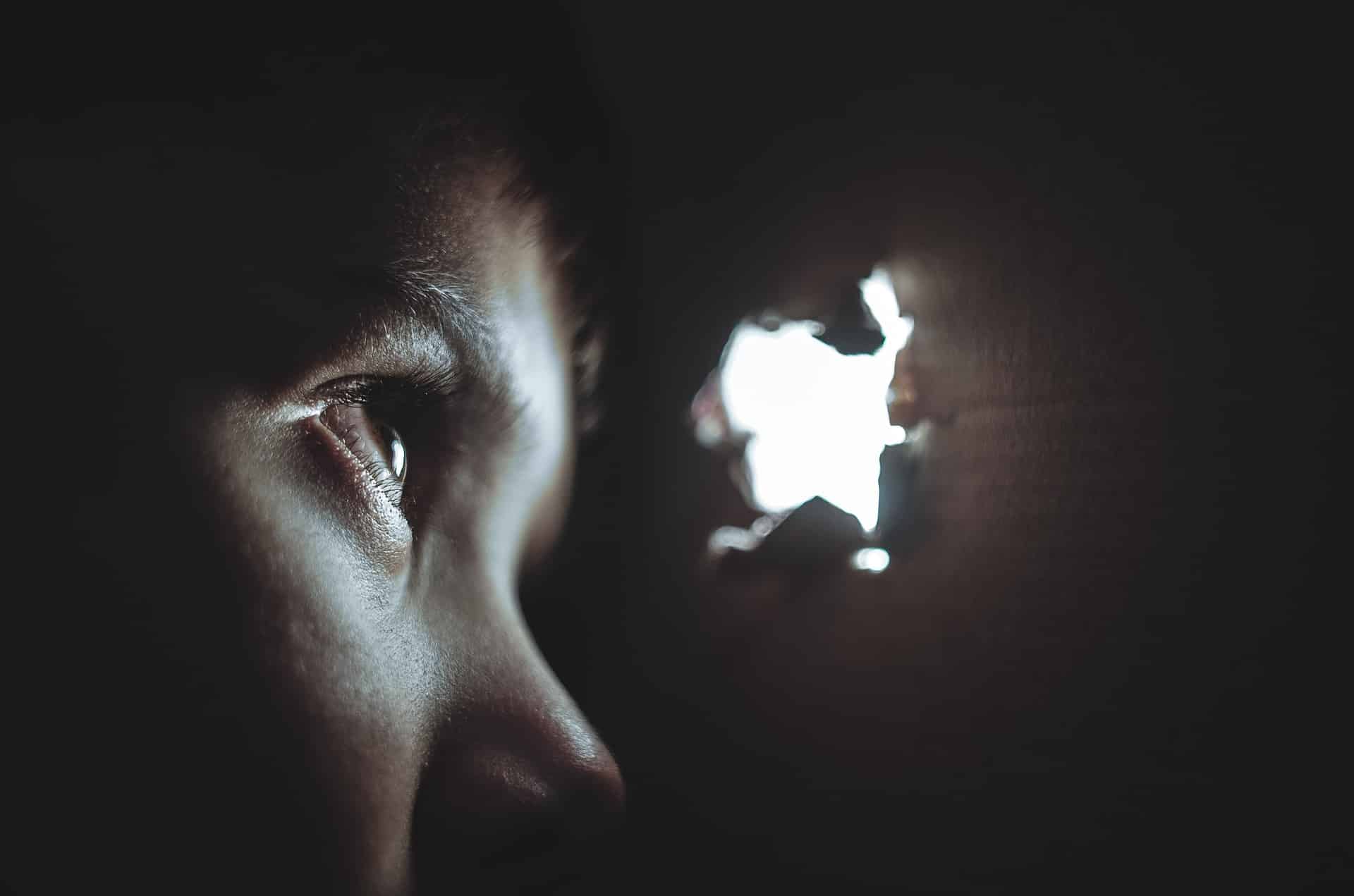
What It Means to Be Blessed
To be blessed, is to know that place of no striving.
To be blessed, is to know that place of rest and dignity.
To be blessed, is to know that I am loved by a gracious Creator, and that I can own and celebrate my identity—this identity—knowing that it, and it alone, is enough.










